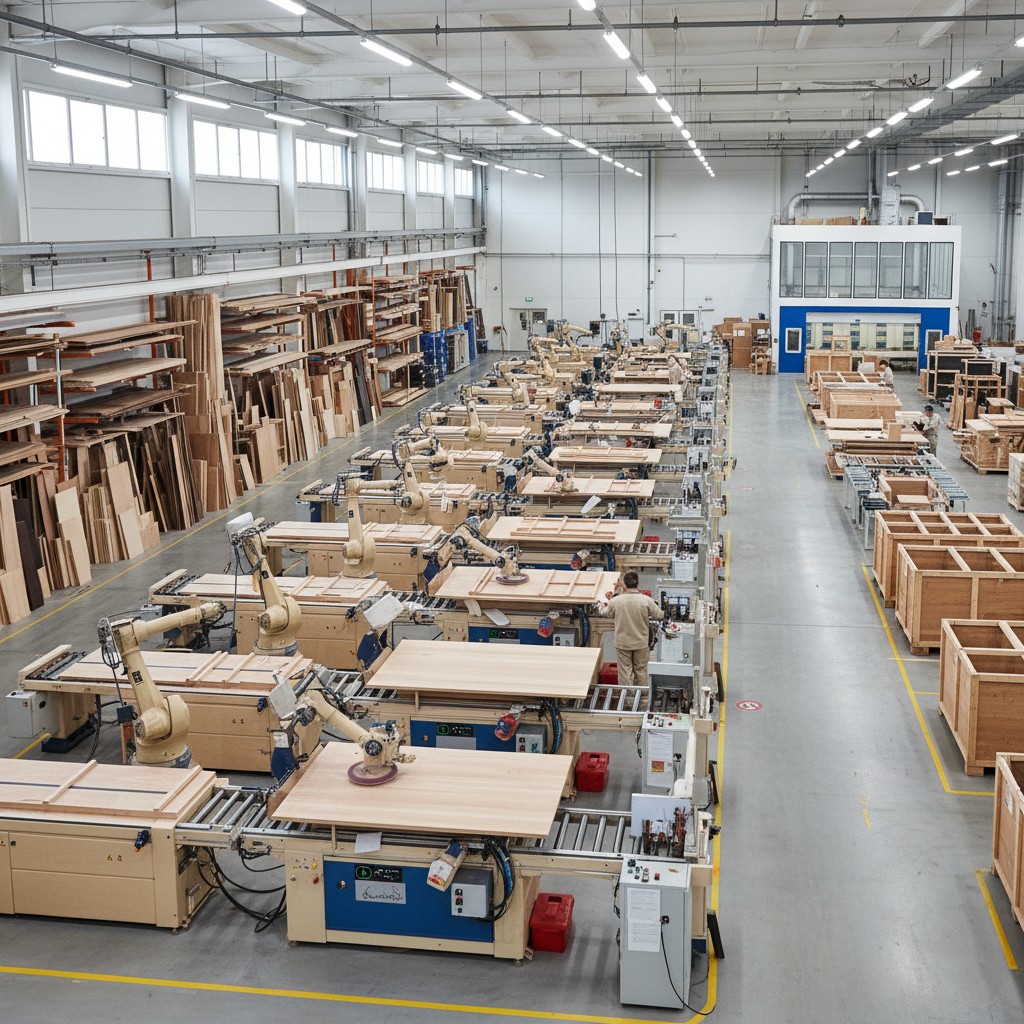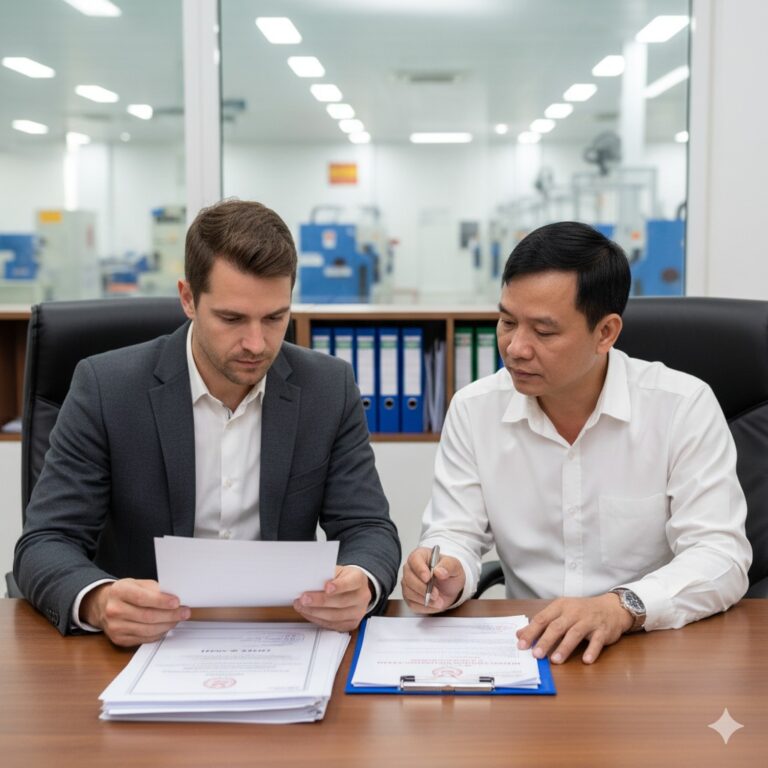One of the first major decisions an importer faces is whether to source from a direct factory or a trading company. Newcomers often assume a factory is always the better choice, but the reality is more nuanced. Both models offer distinct advantages and disadvantages.
Understanding the difference is key to building a supply chain that fits your specific needs.
Working with a Direct Factory
A factory is the facility that physically manufactures the products. They own the machinery, employ the workers, and control the production process from raw materials to finished goods.
Pros:
- Lower Price: By cutting out the middleman, you can often achieve the lowest possible unit cost.
- Greater Control: You have direct communication with the source of production, allowing for more control over specifications, materials, and quality.
- Transparency: You know exactly where and how your product is being made.
Cons:
- High MOQs (Minimum Order Quantities): Factories thrive on large production runs and often have very high MOQs.
- Limited Product Variety: They are specialized and can only produce a narrow range of items.
- Less Experience with Exporting: Some smaller factories may have limited experience with export documentation and logistics.

Working with a Trading Company
A trading company is a specialized intermediary. They don’t manufacture products themselves. Instead, they have established relationships with multiple factories and act as a bridge between them and overseas buyers.
Pros:
- Low MOQs: They can often combine smaller orders from different clients, allowing them to accept much lower MOQs than a factory.
- Wider Product Variety: They can source a range of different products for you from their network of factories, simplifying your procurement.
- Experience & Service: They are typically experts in export processes, communication, and logistics, offering a smoother experience.
- Consolidation: They can consolidate goods from different factories into a single shipment, saving you on logistics costs.
Cons:
- Higher Price: They add a margin to the factory price, so your unit cost will be higher.
- Less Transparency: You may not know which specific factory is producing your goods, which can be a risk.
- Less Control: Communication is indirect, which can sometimes lead to misunderstandings in product specifications.
How to Choose? A Simple Guide
- Choose a FACTORY if:
- You have a high order volume.
- Your product is highly specialized.
- Cost per unit is your absolute top priority.
- You have experience in managing production and logistics.
- Choose a TRADING COMPANY if:
- You need a low MOQ.
- You want to source several different types of products.
- You are new to importing and value convenience and service.
- You want to consolidate items from various producers.
The right choice depends entirely on your business model, order volume, and risk tolerance. A good sourcing partner can analyze your needs and connect you with the right type of vetted supplier, whether it’s a specialized factory or a reliable trading company.
The Right Partner for the Right Job
There is no single “best” answer. Successful businesses often use a mix of both factories and trading companies for different products in their portfolio. By understanding the pros and cons, you can make a strategic decision that aligns perfectly with your business goals.
Unsure which supplier type is right for your product? Talk to our experts at EQSource. We can help you navigate the choice and connect you with our network of vetted partners.





